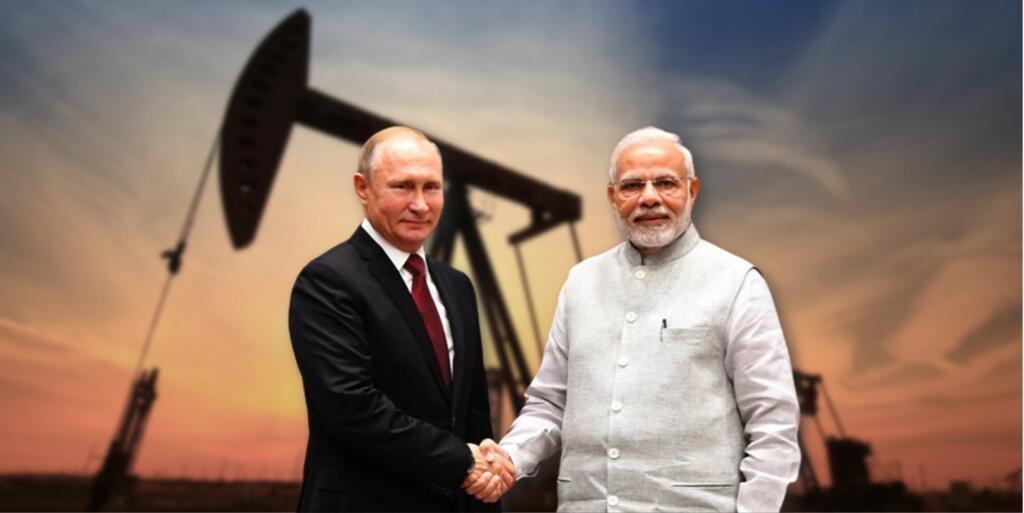Amazing, isn’t it? Yesterday it was Donald Trump throwing tantrums, and today, it is Europe wagging its finger at India over Russian oil. Who the hell do these nations think they are to bully India? If Washington or Brussels wants India to ditch Russian crude, they are welcome to offer their own at the same affordable rates. Until then, New Delhi will not bend, because the India of 2025 under Prime Minister Narendra Modi is not the India of the past. This is a self-confident nation that will not compromise its economic and strategic interests to please anyone.
The hard fact is simple: India needs Russian oil, and Russia delivers it reliably and cheaply. At a time when Western sanctions cut Moscow off from its traditional markets, India stepped in to secure supplies at discounted rates, saving itself billions of dollars. For a nation that imports nearly 85% of its crude, those savings directly protect Indian consumers from global price shocks. The West may not like it, but it is not for Washington or Brussels to dictate India’s energy choices.
Russia has stood by India for decades—whether in supplying defence equipment, backing India at the UN, or ensuring steady oil flows even in turbulent markets. No nation has been a more dependable partner. That does not mean India is arrogant or dismissive of others. On the contrary, Modi has ensured cordial relations across the board, from Washington to Tokyo, Paris to Riyadh. But “cordial” does not mean “subservient.”
The hypocrisy of the Western bloc is stunning. Europe continues to import Russian gas through back doors, while America’s allies in Asia quietly pick up Russian crude. Yet, when India buys oil in the open, it suddenly becomes a problem. The European Union’s top diplomat even warned that India’s participation in military drills with Russia and oil purchases were “obstacles” to deeper ties. That’s rich—when NATO itself has continued to buy Russian uranium for its nuclear plants, and when American companies have quietly skirted sanctions.

What Europe and the US forget is that India today is not a junior partner in global affairs. It is a swing power with the world’s fastest-growing large economy, the world’s most populous nation, and a leader whose voice matters. If the EU wants trade, investment, and security cooperation with India, it cannot simultaneously attempt to lecture or coerce New Delhi.
The shift is unmistakable. Modi has redefined India’s external posture with his mantra of “Sabka Saath, Sabka Vikas, Sabka Vishwas, Sabka Prayas” at home and a pragmatic, India-first policy abroad. No longer will India allow its decisions to be shaped by Western guilt trips or ideological blackmail. Energy security, food security, and national security are not negotiable.
Critics in Washington and Brussels also forget India’s role in saving their populations during the pandemic. It was India, not Europe or America, that supplied millions of doses of life-saving vaccines through Vaccine Maitri. That was not charity, but global responsibility in action. The world should remember this before it dares to lecture India about buying oil.
The West’s real worry is not oil. It is India’s growing clout, its refusal to play second fiddle, and its ability to balance relations with Russia, China, and the West all at once. Unlike Europe, which remains dependent on American diktats, India under Modi is charting an independent course.
Yes, India will engage with the EU on a free trade agreement. Yes, it will deepen ties with the United States, where interests converge. But it will also buy oil from Russia, arms from France, chips from Taiwan, and technology from Japan—because that is what a sovereign nation does.
India owes no explanations to those who envy its success or resent its independence. If the West wants India to reduce dependence on Russian crude, let it offer better alternatives. Until then, India will do what it must to secure its future. The days of foreign lectures are over. The world needs India more than India needs the world—and that is today’s hard reality.





